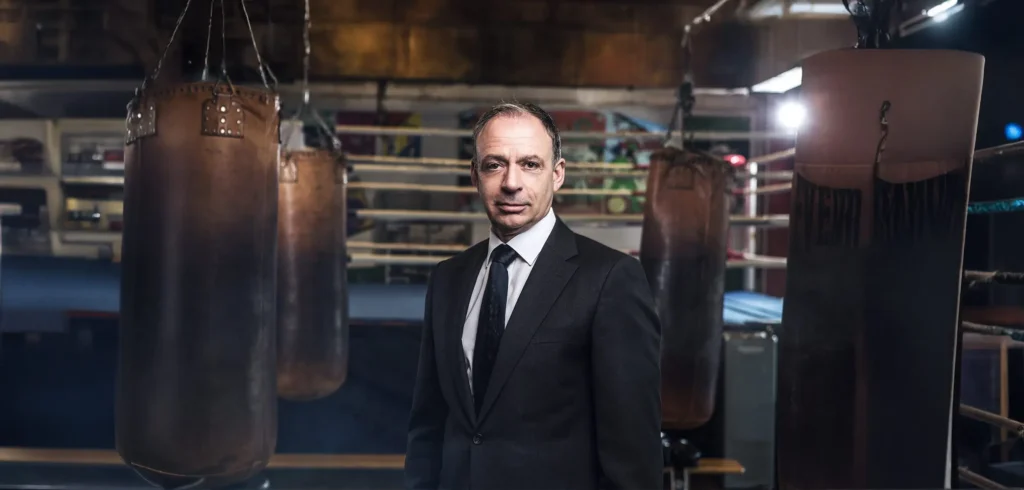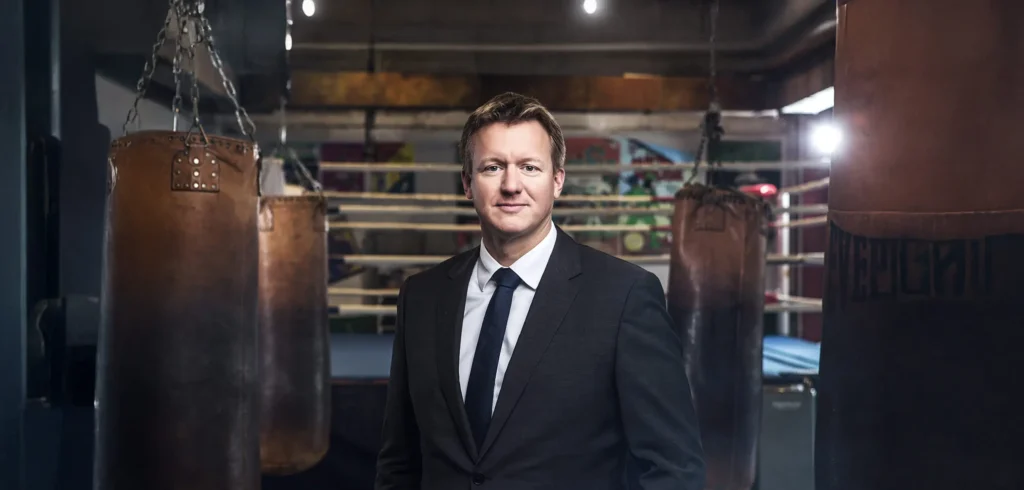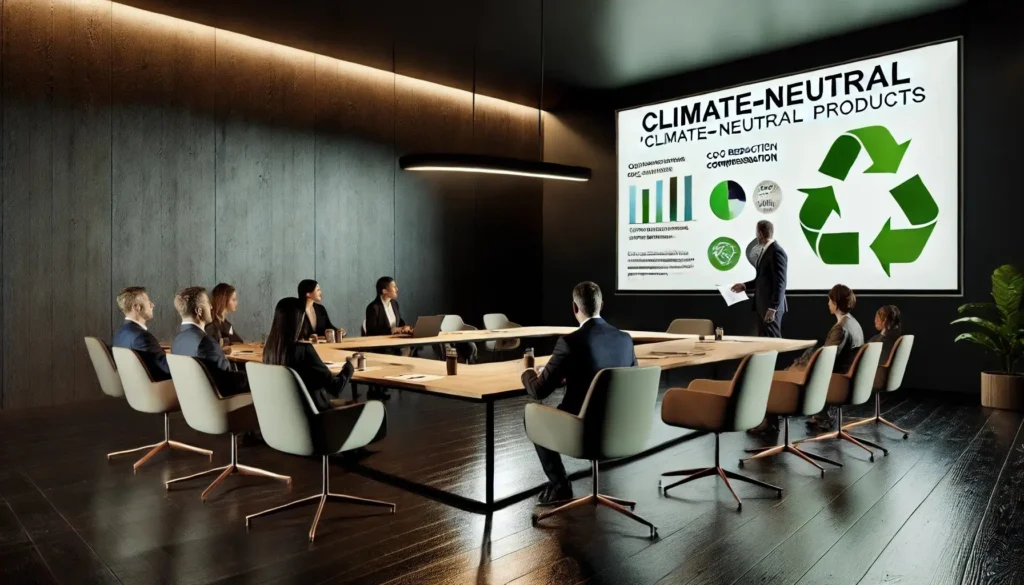The Court’s Decision: What Does It Mean for Advertisers?
In its ruling, the BGH emphasized that companies using the term “climate neutral” must ensure their advertising is clear and unambiguous, preventing consumers from being misled. Specifically, the Court stressed the need for precise explanations about how climate neutrality is achieved — whether through CO2 reduction during production or solely through offsetting measures.
Case Background: Misleading Advertising Allegations
This landmark case arose from a legal dispute involving a manufacturer of fruit gums and liquorice. The company had placed an advertisement in a trade journal stating:
“Since 2021, [the company] has produced all products in a climate-neutral manner.”
The claimants took issue with this claim, arguing that the company’s production processes were not CO2-neutral, and that the advertised climate neutrality was only achieved through offsetting emissions rather than by reducing them during manufacturing.
BGH’s Reversal: Transparency and Clarity Are Key
However, the BGH disagreed with the lower courts and ruled in favour of the plaintiff, asserting that the term “climate neutral” is inherently ambiguous. It can be understood in multiple ways: either as CO2 reduction during the manufacturing process or as the mere compensation of emissions through offsetting. Without further clarification, this ambiguity can easily mislead consumers.
Initially, both the Regional Court of Kleve and the Higher Regional Court of Düsseldorf sided with the defendant, reasoning that the target audience of the trade journal would reasonably understand “climate neutral” as referring to both reduction and compensation of CO2 emissions. Furthermore, the courts suggested that readers could consult the website linked in the advert for further clarification.
The Court made it clear that providing additional information on an external website is not enough. Any environmental claim made in advertising must be directly clarified within the advertisement itself. This is especially important for complex terms like “climate neutral,” which require explicit explanations to prevent misleading consumers.
Industry-Specific Advice for Food and Beverage Manufacturing
For companies in the food and beverage manufacturing sector, this ruling has critical implications. Given the growing consumer demand for sustainable and environmentally responsible products, many businesses in this industry promote their efforts to reduce carbon footprints, improve energy efficiency, and use eco-friendly materials.
However, this ruling underscores the necessity for food and beverage manufacturers to be especially transparent in their environmental claims:
- Accurate Labelling: Ensure that all claims regarding climate neutrality, CO2 reduction, or sustainability are clearly explained. For instance, if climate neutrality is achieved through offsetting carbon emissions rather than actual reductions in production processes, this distinction must be made explicit in the advertising.
- Review Offsetting Programs: If you rely on carbon offsetting measures (such as reforestation or renewable energy credits) to achieve climate-neutral status, make sure these programs are robust, transparent, and verifiable. Detail how they contribute to neutralizing emissions to build consumer trust.
- In-Process CO2 Reduction: If your company actively reduces emissions during manufacturing, this should be clearly communicated as a competitive advantage. Offering detailed information about how these reductions are made, such as through energy-efficient technology or sustainable sourcing, can resonate well with environmentally conscious consumers.
- Avoid Overgeneralization: Broad claims like “climate-neutral products” without context can easily lead to legal scrutiny. Use precise language, such as “produced using renewable energy” or “climate neutrality achieved through verified offsetting,” to avoid misleading your audience.
Implications for Environmental Advertising
This ruling sends a strong message to companies across all industries, particularly those in food and beverage manufacturing: when it comes to advertising sustainability claims, transparency is paramount. Vague or ambiguous terms like “climate neutral” must be carefully explained. Consumers need to know precisely whether companies are actively reducing their carbon footprint during production or merely relying on offsetting programs. The BGH’s judgment underlines that failing to offer these clarifications could result in legal challenges and potential reputational damage.
Key Takeaways for Businesses
- Be Transparent: When using terms like “climate neutral,” clearly explain what it means in the context of your products and services—whether it refers to emission reduction, offsetting, or both.
- Avoid Ambiguity: Don’t assume consumers will understand complex sustainability concepts. Provide the necessary clarifications directly in your advertising materials.
- Legal Risks: Misleading advertising, even unintentionally, can lead to legal action from competitors or consumer protection bodies. Ensuring transparency helps to minimize these risks.
- Build Trust: Transparent and precise communication in environmental claims can foster consumer trust and improve your company’s reputation in the long term.
Protect Your Business, Ensure Compliance
In light of this ruling, companies in the food and beverage manufacturing sector should carefully assess their advertising strategies, especially when making environmental claims. Misleading advertising can not only damage consumer trust but also lead to costly legal battles.
At SPIEKER & JAEGER, we specialize in providing tailored legal advice to businesses in the food and beverage industry. Our team of experts can help you navigate the complexities of environmental advertising, ensuring your claims are compliant with the latest legal standards. If you’re unsure whether your advertising meets the necessary requirements, we’re here to provide clear, practical guidance.


